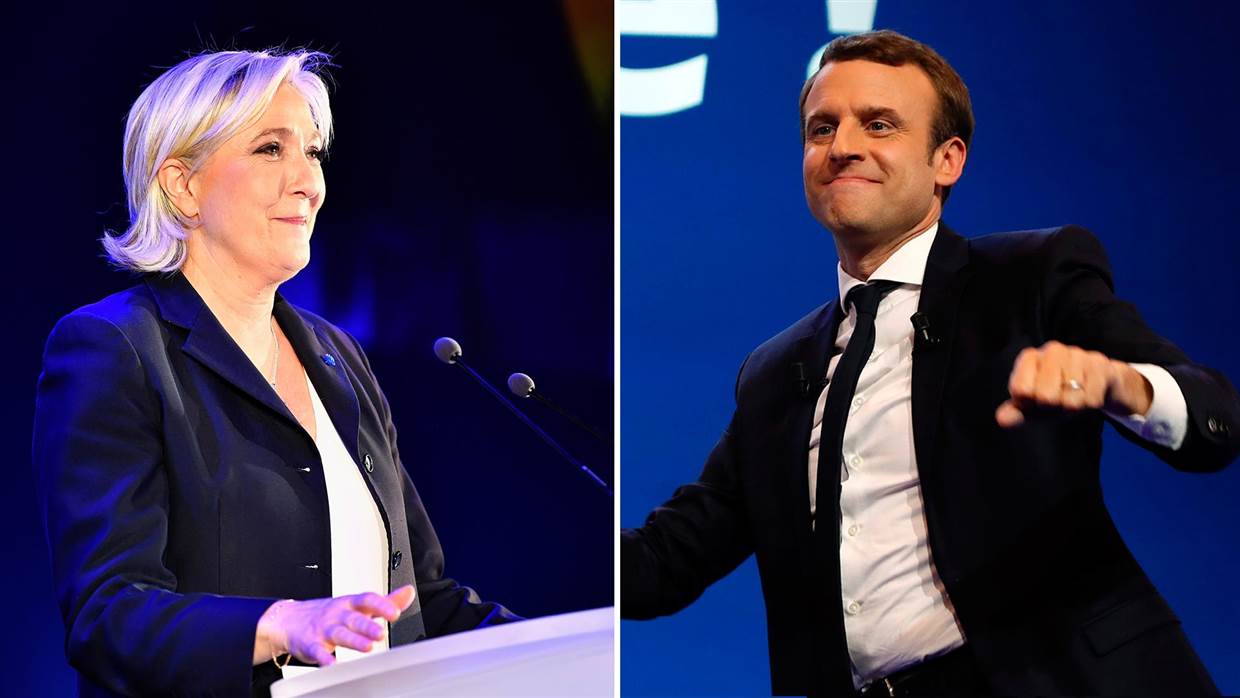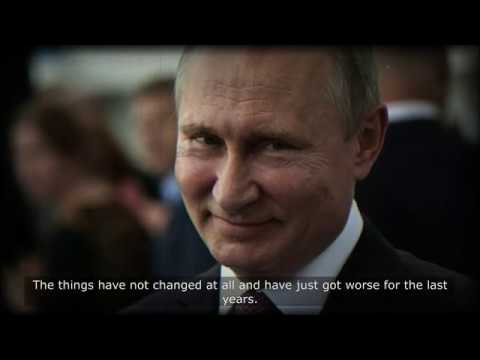
The results from the first round of the French presidential election is in, and it’s following a nationalist trend we’ve been seeing recently across the west and the United States.
For the first time since since the French Fifth Republic moved to a direct popular vote method in 1965, we are likely to see an Independent candidate face off against a Right Wing candidate. The independent Macron and his En Marche! (Forward!) movement will face off against Marine Le Pen, the leader of a once-fringe right-wing movement founded by her father in 1972. This year’s election will be the first in which no representative of the Republican-aligned or Socialist-aligned parties makes it through to the second round.
Since 1965, the French presidency has been won by a candidate representing either the major center-right political parties (now represented by the Republicans) or the major center-left parties (now the Socialists). Yet this year, neither of those major political groupings will be seen in the second round.
This is clearly in line with the nationalist trends that we’ve already seen in the United States where a fringe candidate, Donald Trump, although running under the auspices of one of the major political parties, (Republican party) beat out all the mainstream candidates in that party’s primaries with his nationalist message, before going on to win the presidential election against the other major party’s (Democratic party) candidate.
This nationalist trend could also be seen in the Brexit vote of the UK citizens when they voted to leave the European Union in a referendum.
From this, it’s clear that the corporate backed globalization plans of the west is not going down well with the ordinary citizens of the area, and these revolts are happening politically as a result. The people were sold the globalization idea with the promise that it would bring progress and prosperity to the citizens, but the reality has been that the corporations and their owners are the only ones making out like bandits while everybody else have seen their finances and standards of living drop sharply.
Earnings by the common people across the west have dropped since the push for globalization began in the early 2000s, and that has played a big role in underpinning the loss of faith many of these citizens feel in their politics, and the in the idea that the global economy has much to offer them, and they’re right – earnings across these western states still lie behind what they were prior to the start of globalization, and more so when inflation is considered.
The result is that citizens feel, and actually are, much poorer than than they remember feeling, and being, before their governments decided to open up their borders and let other people from other parts of the world into their countries in the name of globalization. That, I believe, is the reason for the nationalist sentiments sweeping across the west as expressed in these recent votes.
Globalization in itself isn’t a bad idea, but this version of corporate sponsored globalization that is currently taking place, where corporations and their 1 percent owners are taking in all the profits, is the problem. A version where the people take charge and decide the terms and conditions of it is what is needed, and until that can be set up, I believe that we will continue to see these nationalist sentiments taking hold in more places as the squeeze continues to tighten on citizens, and they continue to look for anything or anyone to blame for their struggles.


